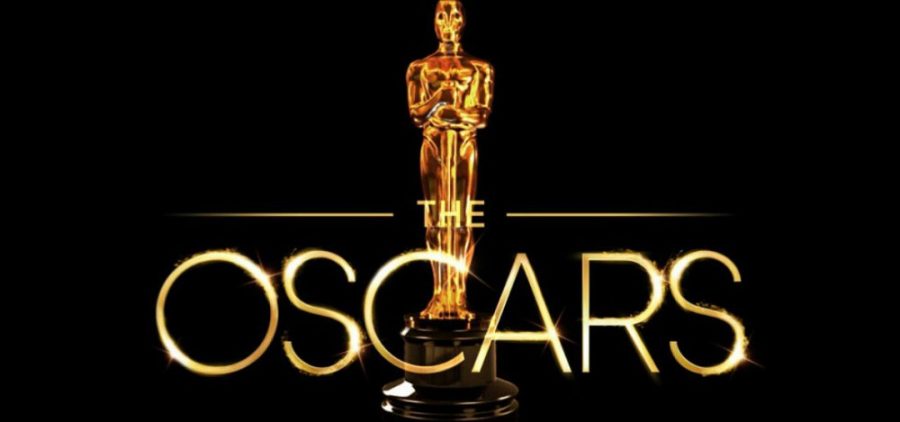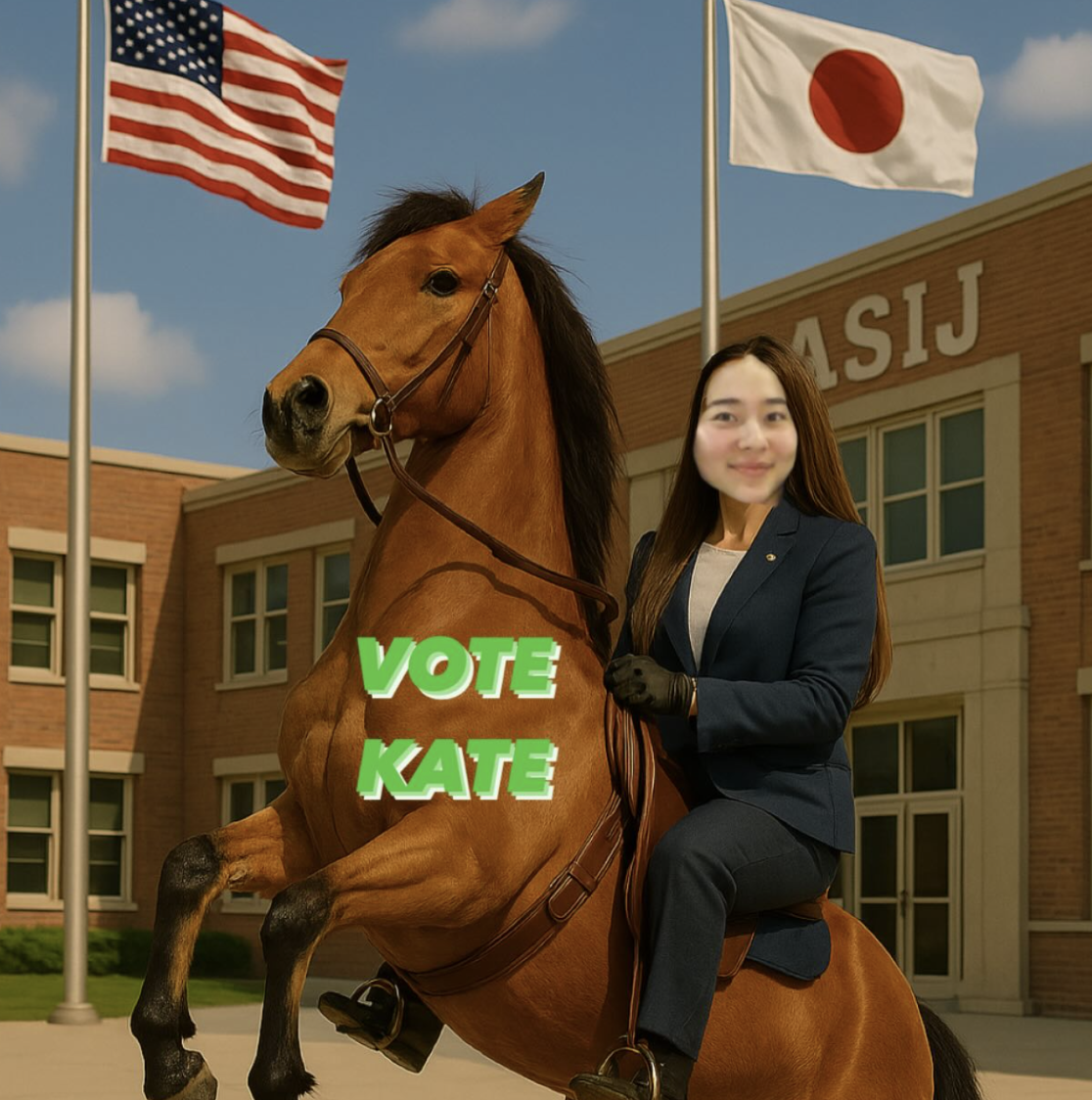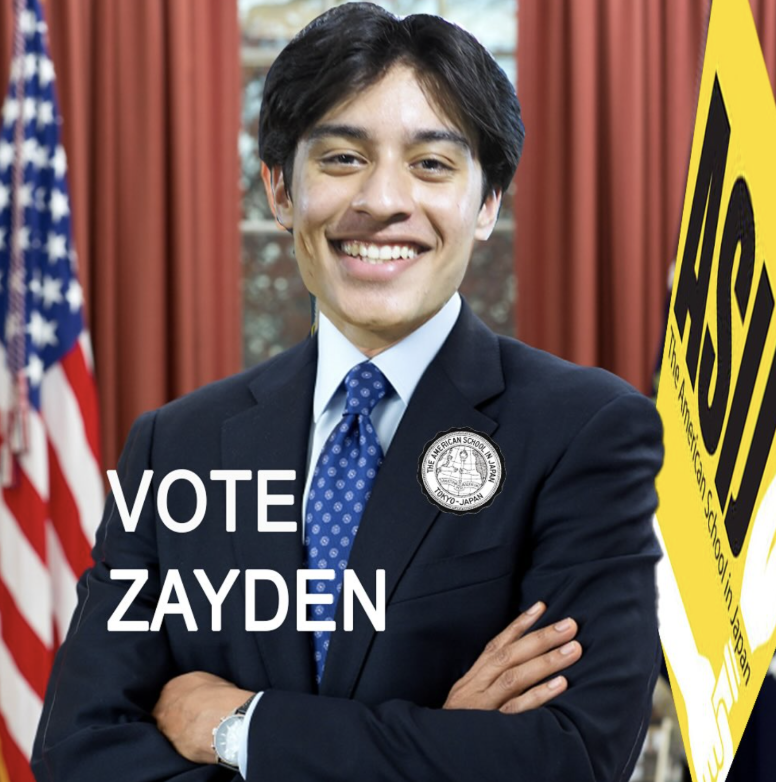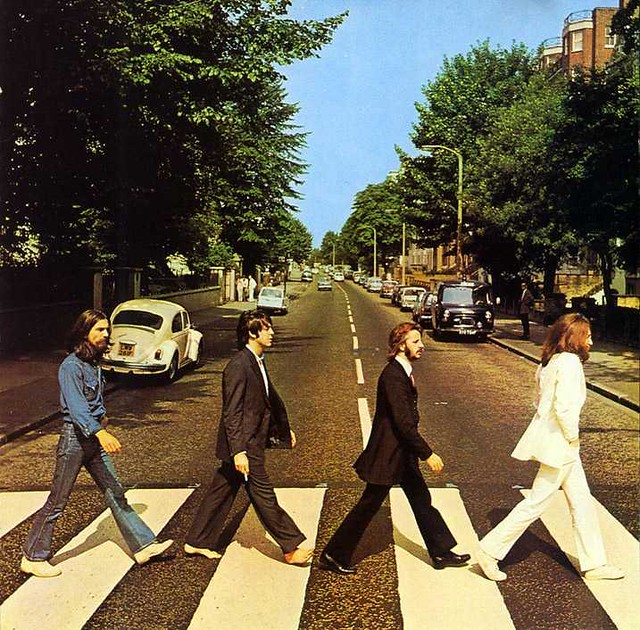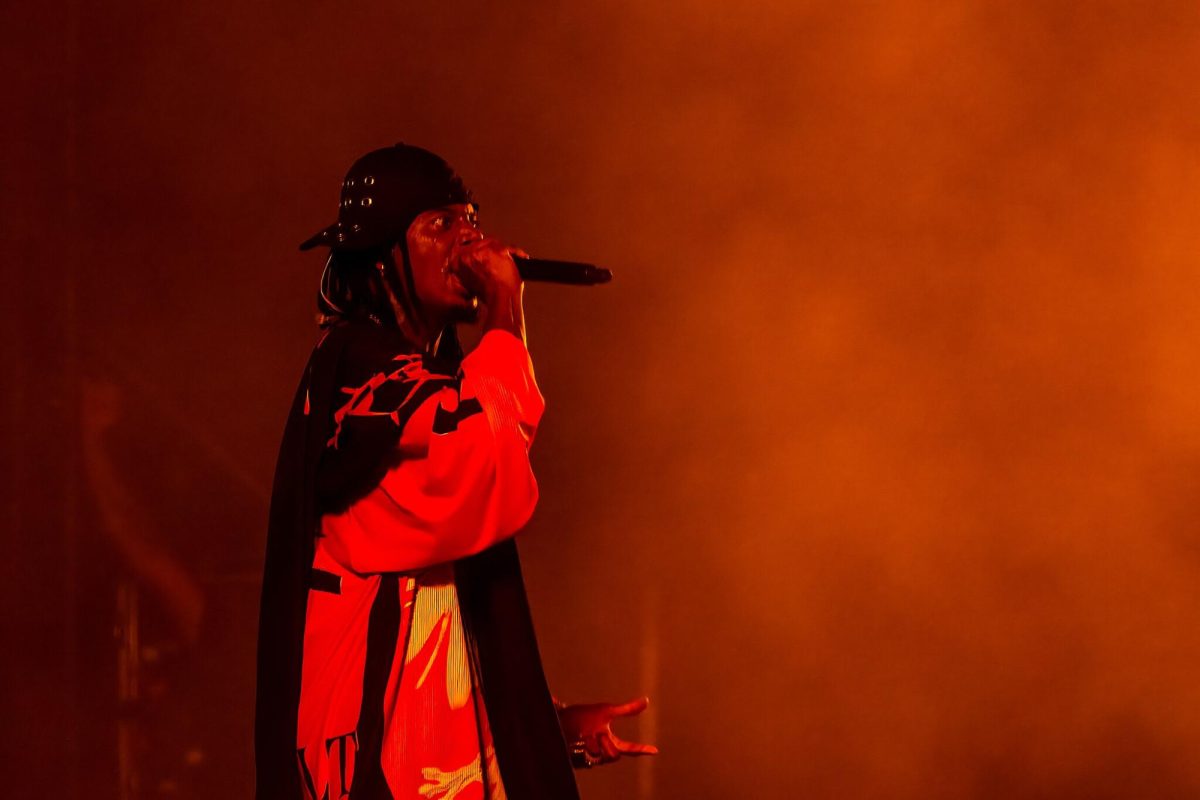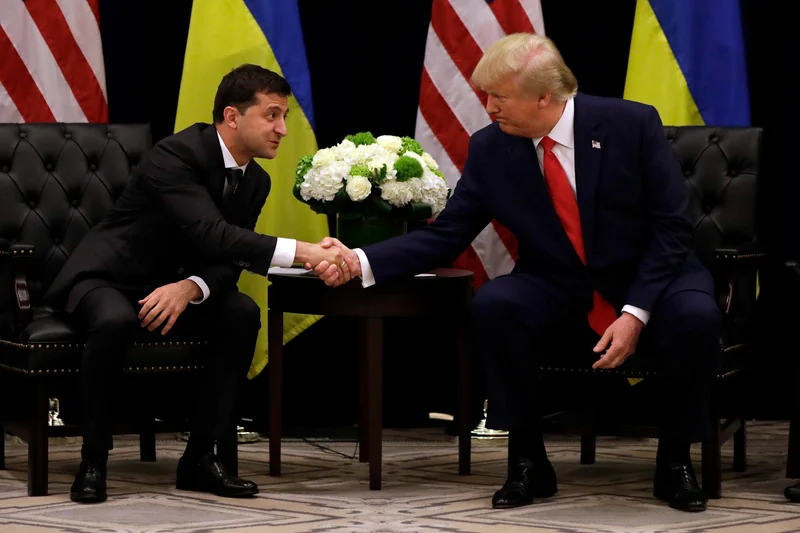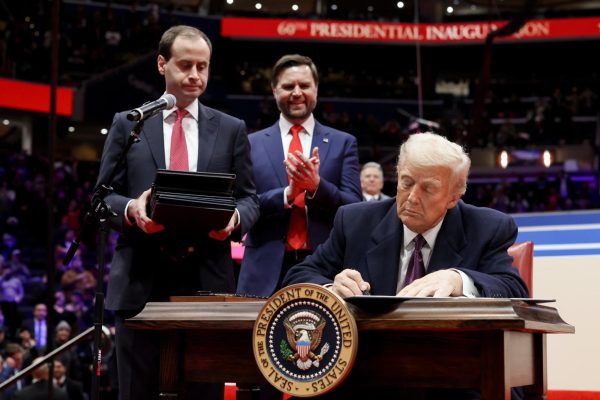Why Did The Oscars Flop? Politics.
May 8, 2021
Standing 13 ½ inches tall and weighing a hefty 8 ½ pounds, the gold-plated Oscars Award represents undisputed fame and success. Since 1927, these highly coveted trophies have been awarded in an annual ceremony of showbiz, glamor, and sleek style: the Academy Awards. Exclusive to only the top-tiers within the movie industry, the Awards have managed to garner a cult following across the globe. Each year, more than 50 million tune in to watch Leonardo Dicaprio be denied yet another Oscar.
Or at least, that used to be the case.
In April this year, only 9.85 million viewers watched the 93rd Academy Awards — a phenomenal 59% drop in viewership compared to 2020. Along with a two month COVID-19 hiatus, the 2021 Oscars suffered from a myriad of scheduling conflicts, internal disputes, and inconsistent management. But this year, one issue has single-handedly managed to drop viewership and put the future of the Awards into question: politics.
For decades, politics have been the bane of entertainment. An otherwise joyous night can be transformed into a battleground by an insensitive comment, creating divides between Red and Blue, and Black and White. Many were hoping that the Academy Awards meant a temporary escape from not only the pandemic, but issues of racism, genocide, and more. A night of fun and comedy, rather than conflict and bias.
But this year, it was the topic of racism that loomed over the ceremony. At the outset of this year’s Awards, Regina King (the director of One Night in Miami and star of Watchmen) immediately alluded to the Derek Chauvin trial: “If things had gone differently this week in Minneapolis, I may have had to trade in my heels for marching boots.”
Tensions rose further when Travon Free, co-director of the Oscar-winning movie Two Distant Strangers, wore a jacket inscribed with the names of police brutality victims. Then it was time for his acceptance speech: “Today, the police will kill three people, and tomorrow the police will kill three people… and those people happen to be disproportionately black.”
Controversy also surrounded the Oscar recipients this year. Chloe Zhao (director of Nomadland, a triple Oscar-winning movie), has been blacklisted by China for her past proclamations on the country. “A place where there are lies everywhere,” was Zhao’s view upon her former home during a 2013 interview with America’s Filmmaker Magazine. Despite being only the second woman to win the accolade of Best Director, Zhao’s triumph has been censored and banned in China.
Compared to past years, the harsh reality of politics rendered the 93rd Academy Awards a downcast, somber affair. As Piers Morgan puts it in The Daily Mail, “The Oscars had one job after the whole world had endured a year of hell with the coronavirus pandemic: make us feel better. The fact it made us all feel slightly worse by the end is an almost miraculously bad achievement worthy of winning an award itself.”
However, a harsh dose of reality might just be the necessary prescription currently. The 2021 Academy Awards was a solemn reminder that despite the fun and games of the entertainment scene, a troubled world still exists. As global problems worsen by the day, humanity must evolve beyond mere escapism. If a politics-centered Oscars brings society one step closer to examining its challenges, this may be a necessary sacrifice to make.

